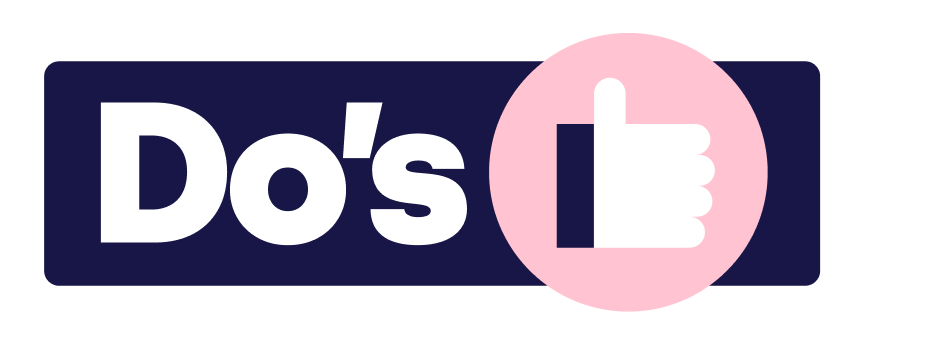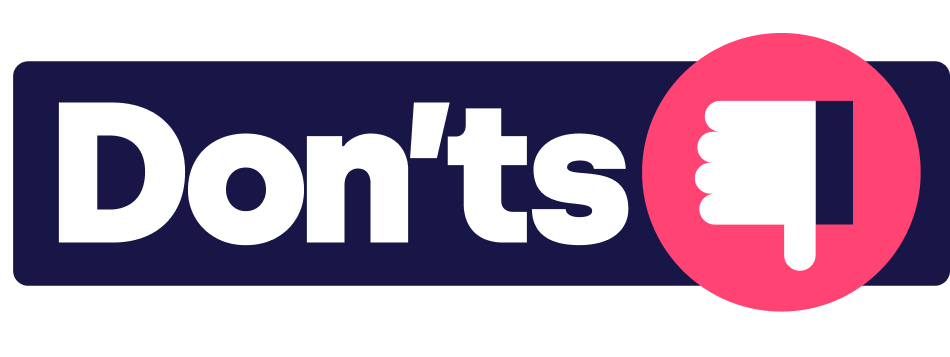How to write an impactful boilerplate

The boilerplate is a short section of text that provides a brief overview or description of your company and its operations. Oftentimes it highlights your company’s mission, significant products or services, and key information such as location. The purpose of a boilerplate is to give readers or journalists a quick snapshot of your company, making it easier to understand the context of the press release or article. Once a boilerplate is created, it can be reused in multiple communications to ensure consistent messaging. In this blog post, we’ll teach you how to create an effective boilerplate.
Every day, journalists are inundated with 100 to 500 business-related emails. Among these, numerous press releases seek their attention. With an overwhelming number of pitches that often blur into one another, standing out is paramount. Many press releases from companies sound similar, which is why a unique boilerplate can spark genuine interest and trust. A boilerplate can elevate your company to prominence in a sea of competitors competing for the same spotlight.
The definition of a boilerplate
The essence of a good company boilerplate can’t be understated – it can make or break the impact of a press release. A press release is your brief moment to capture someone’s attention with a concise message — every second counts in leaving a lasting impression. You might nail your press release’s introduction and main content, but if your boilerplate falls short, it undermines everything.
Your boilerplate is – simply put – a summary to the reader, your opportunity to define who you are and what you do. To be a bit dramatic: a weak company boilerplate is a silent assassin of a good press release. An impactful message loses weight when the audience is unsure of its source. Hence, investing time in your boilerplate is essential.
The boilerplate is most often found at the bottom of your press release, and besides detailing your company’s background, mission, products, and milestones, an effective boilerplate should enhance the press release’s searchability. Incorporating relevant keywords can boost its Google ranking, ensuring it appears in search results for a broader audience. Last but not least, a great boilerplate should also include a clear CTA.
What makes a good boilerplate?
As mentioned, the press release can fall short if the boilerplate does not give your reader the relevant information needed. Here are 10 steps to follow that will make your boilerplate relevant and impactful:
- Brevity: Keep it concise while conveying the core information.
- Relevance: Highlight the most significant and unique aspects of your company.
- Consistency: Ensure it aligns with your company’s branding and overall messaging.
- Keywords: Incorporate relevant industry keywords to optimize for search engines.
- Up-to-date: Regularly review and update to reflect any significant changes or milestones in your company.
- Contact Information: Include a way for journalists or readers to reach out for more information.
- Credibility: Mention any notable awards, recognitions, or associations related to your business.
- Clarity: Avoid jargon. Ensure that anyone, even those outside your industry, can understand the boilerplate.
- Call to Action: Guide readers on what you’d like them to do next, whether visiting a website or contacting you.
- Digital Friendly: Consider adding relevant links to your website, social media channels, or key products.

Always remember to craft a boilerplate keeping in mind the audience you’re trying to reach and tailor it to resonate with them. Following these guidelines will help you reach through the buzz with your press release. If you want to work smarter and faster crafting the actual press release, it’s now possible to do so with the power of AI.
Examples of great boilerplates and why they work
Let’s take a look at some companies that have really succeeded with their boilerplates! We’ll break down what makes them stand out, and how you can copy them with pride.
Netflix:
At Netflix, we want to entertain the world. Whatever your taste, and no matter where you live, we give you access to best-in-class TV series, documentaries, feature films, and mobile games. Our members control what they want to watch, when they want it, in one simple subscription. We’re streaming in more than 30 languages and 190 countries, because great stories can come from anywhere and be loved everywhere. We are the world’s biggest fans of entertainment, and we’re always looking to help you find your next favorite story.
Why is it so good?
Numerous streaming services exist, yet Netflix’s messaging positions them as industry leaders, substantiated by compelling statistics. They claim 222 million paid subscribers spanning 190 nations. For those who need more clarification with Netflix, such data immediately grabs their attention.
Sony Corporation
Sony Corporation is a wholly owned subsidiary of Sony Group Corporation and is responsible for the Entertainment, Technology & Services (ET&S) business. With the vision to “continue to deliver Kando and Anshin(*) to people and society across the world through the pursuit of technology and new challenges,” Sony will create products and services in areas such as home entertainment & sound, imaging, and mobile communications.
For more information, visit: http://www.sony.net/
Why is it so good?
Not only do Sony include their vision, they also say something about how they want to impact society, as well as what kind of products they create. A golden star for including a clear CTA.
IKEA
IKEA offers well-designed, functional and, affordable, high-quality home furnishing, produced with care for people and the environment. There are several companies with different owners, working under the IKEA Brand, all sharing the same vision: to create a better everyday life for the many people. IKEA was founded in Sweden in 1943.
Why is it so good?
It’s short, concise and, tells you just about everything you need to know about what the company does, the furniture they sell and the vision they want to achieve. One might say it is a humble, yet sententious boilerplate in all its simplicity.
The don’ts of creating a boilerplate
Now, we have talked about what the boilerplate should look like and even went through some great examples. So, what are the don’ts of creating a company boilerplate?
First of all, avoid filling your boilerplate with jargon. It’s easy to fall into the trap of using marketing speak, especially in B2B communications, thinking it adds credibility. However, remember this content is for the public. It needs to be direct, clear, and easy to understand the company’s purpose.
Be cautious about exaggerating or making unverified claims. Both small startups and large multinationals can fall into this trap, like stating they’re the “first” or “best” without proper verification. As you use the boilerplate in various materials, someone might challenge these claims, regardless of your company’s size.
Keep the content concise. Even big corporations succinctly fit their mission, tagline, milestones, and contact details. If large entities can limit their boilerplate to a couple of paragraphs, so should you.
Maintain a consistent point of view. Don’t fluctuate between the first and third person; ensure tenses remain consistent. Quick edits by various people over time without proper review can result in mixed narratives. This inconsistency can appear unprofessional to someone reading closely.
Lastly, be cautious when allowing a CEO or founder to make the final changes to the boilerplate. They may need to focus more on the message and overlook simple errors. Even if they believe their version is perfect, proofread it before finalizing it. You can also learn more about how you find the stories from within your orgaization.

Summarized
A boilerplate briefly describes a company, encapsulating its mission, key products, location, and other essential information. Positioned at the bottom of press releases, it offers journalists and the public a quick snapshot, helping them understand the context of the release.
Journalists receive numerous similar pitches daily. Therefore, a unique boilerplate can distinguish your company. A well-crafted boilerplate is crucial for a press release, ensuring the message’s impact is backed by a clear company identity.
An effective boilerplate is concise, relevant, consistent with the company’s brand, updated regularly, contains contact information, and is easily searchable with industry keywords. It should be clear, jargon-free, have a call to action, and be digitally friendly. Avoid jargon, exaggeration, inconsistency, and always proofread before finalizing.